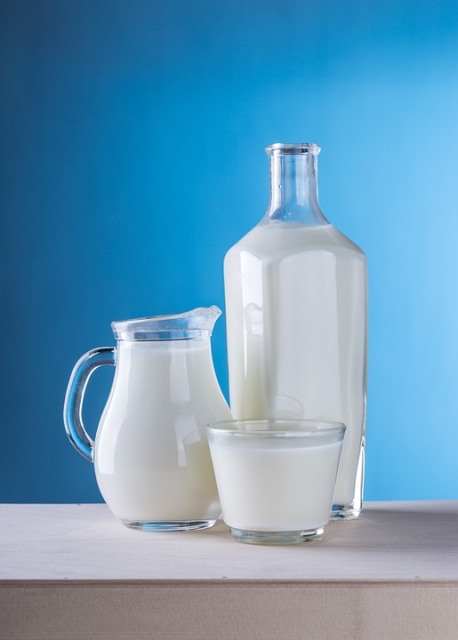Thirty-four years ago, following a major outbreak of Salmonella in Missoula, Montana banned the public sale of unpasteurized milk. Now the Senate Ag Committee has voted to allow Raw Milk to be sold again; despite the strenuous objections of Public Health officials, local Dairy Farmers, and Montana’s Counties.
The biggest concern is that the much-amended version of HB325, currently before the Senate includes no sanitation requirements; no entity with oversight to ensure that testing, labeling or temperature control is followed; and no enforcement of public health provisions.
Proponents who would like to see the unregulated sale of Raw Milk allowed again in Montana, say that safety concerns about foodborne illness are overstated, and that individuals who wish to sell Raw Milk to the public should have the right so do so, without the oversight presently required of Montana’s current dairy farms.
In an extensive Senate hearing on House Bill 325 on March 21, it was pointed out that just last month two people died from consuming Raw Milk cheese containing Listeria in Connecticut and Vermont.
Last fall, nine cases of Salmonella in Utah were linked to raw milk.
The initial version of HB325 introduced in the Montana House in January appeared to create potential liability and substantial costs for agencies like the Department of Livestock; so State Representatives stripped out several pages of proposed new law before sending the Bill to the Senate.
The Senate Ag Committee first voted to table the House-amended bill altogether, but then reconsidered that action, and instead amended back in several Sections of new law, making it somewhat similar to the original version that was deleted in the House Ag Committee. However there are substantive new changes from the original language that was removed by the House, including:
- All “permitting” by the Department of Livestock has been removed, and only a simple “registration” is required to be exempt from all current milk laws.
- The Senate Amendments raised the size of the exempt herd from 5 cows to a maximum of 10 cows. (Each milk cow will normally produce from 30 to 70 gallons of milk per week.)
- The original House language in Section 6, (3) has been completely removed, that originally provided for Raw Milk sales from Grade A Milk Plants.
- The newly-amended HB325 now adds back in a provision for a Herd Sharing Exemption, which allows a buyer of Raw Milk to theoretically “own” a share in a milk cow that someone else milks for them.
Some of the other newly-added sections require production practices like cooling to 45 degrees within 2 hours of milking, and that the milk be tested every month or so for bacteria, coliform, and somatic cells. However there appears to be no provision for how those infrequent requirements will be monitored or enforced, no sanitation requirements, no inspections, no penalties, nor oversight that designates who will be responsible to pay for monitoring, or making sure that unsafe milk is pulled from public sale if it tests bad.
One significant Senate amendment appropriately makes it clear that the state will be immune from liability. Legislators say that the importance of that immunity amendment stems from the fact Raw Milk is easily contaminated, and is proven to cause illnesses and deaths. They feel that neither the State of Montana, nor citizens who choose not to sell or drink Raw Milk, should be held financially responsible for those who do.
House Bill 325, that proposes to create an exemption for raw milk producers, from the state laws that govern other milk production, is expected to come up for a vote on the full Senate Floor during the week of April 10th.
Northern Ag Network – 2017


